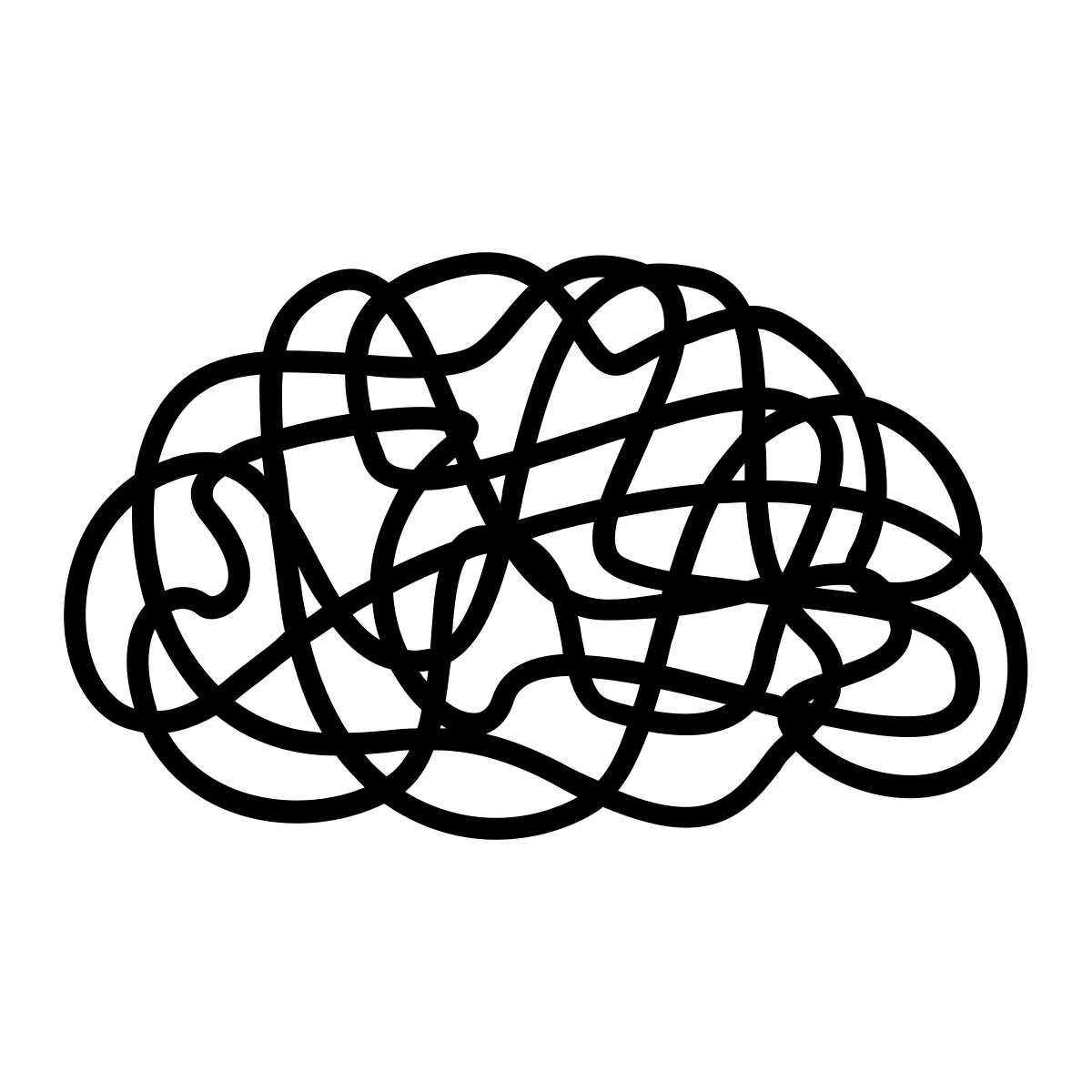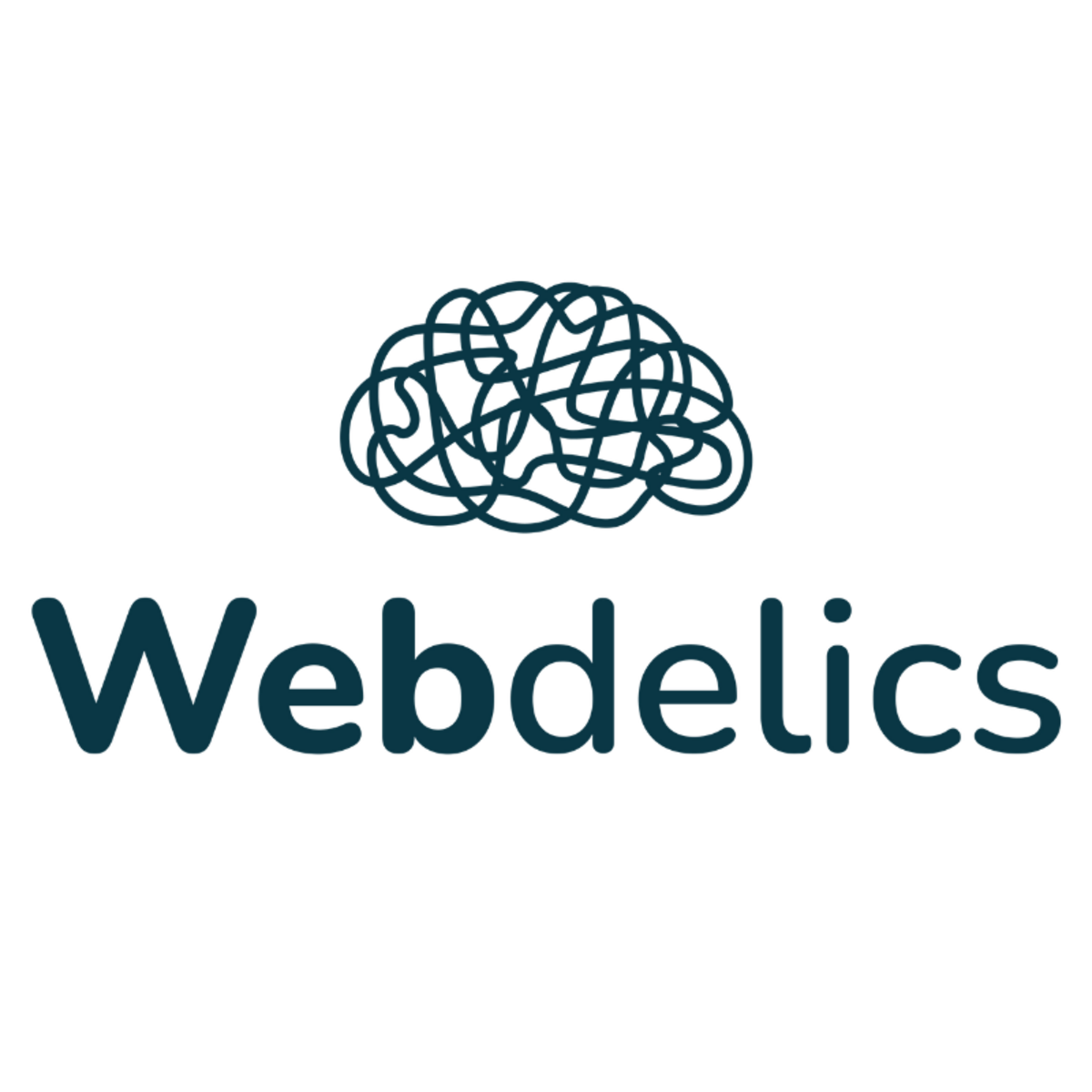
Explore the World of Plant Medicine and Psychedelics. A Weekly Digest of Exclusive Stories, Insights, and Research.

Welcome to this week’s edition of The Guide. We can’t promise ego death, but we can promise ego‑light reading: New legislative moves, science-based articles and research, and inspiration for those who are struggling with debilitating conditions like cluster headaches and migraine...
Stay curious, stay hungry, and most of all, stay open minded.
Let’s get into it!
🧠 The Webdelics Team

📜 Top Article
Psilocybin is One Step Closer to Federal Rescheduling… Hopefully
A little less than a month ago on August 11, 2025, the Drug Enforcement Administration (DEA) sent a long‑running petition to reschedule psilocybin over to federal health officials for scientific and medical review.
Put simply, the DEA formally asked HHS and the FDA to evaluate whether psilocybin belongs off Schedule I—a first step that could lead to rescheduling if health agencies recommend it.
And while this is an exciting advancement, this milestone didn’t appear out of nowhere…
📝 Back in 2022, physician Dr. Sunil Aggarwal petitioned the DEA to recognize psilocybin’s therapeutic potential for treating mental health disorders based on peer reviewed studies validating it’s use empirically and clinically.
After the agency brushed it aside, the Ninth Circuit sent the matter back in October 2023, ordering the DEA to revisit its decision with adequate reasoning…
According to subsequent reporting, the agency ultimately transmitted the petition to HHS on Aug. 11, 2025.
Yes, it took THAT long…
🏥 Based on this move, if federal health agencies recommend moving psilocybin to Schedule II status, the government would, for the first time, acknowledge medical value for psilocybin…
… And that’s a BIG deal.
That recognition could streamline research logistics and clarify pathways for patient access under regulated conditions over time—though nothing changes immediately for consumers today.
With that said, there’s already strong momentum on the science side…
🧠 The FDA has already granted Breakthrough Therapy designation to psilocybin programs for treatment‑resistant depression and major depressive disorder.
Peer‑reviewed studies have reported meaningful symptom reductions in MDD and in anxiety/depression among people with life‑threatening cancer.
Policy is evolving at the state level, too…
Oregon opened the nation’s first legal psilocybin service centers in the summer of 2023 under Measure 109.
Colorado issued its first psilocybin healing center license in March 2025, launching a regulated access model of its own.
And years earlier, cities like Denver (the first in 2019) and Seattle (2021) moved to decriminalize personal use of certain entheogens.
⁉ So what happens next?
HHS/FDA are now evaluating the scientific and medical evidence and make a recommendation back to the DEA…
If they advise rescheduling, the DEA would start a formal rulemaking process—publishing a proposal, taking public comments, and potentially holding hearings.
If you’re looking for a roadmap, consider what happened in the cannabis industry
The Department of Justice proposed moving marijuana to Schedule III in May 2024, and while hearings were noticed in August 2024, they were postponed in January 2025 pending an appeal.
🛣 Psilocybin, if recommended for rescheduling, would follow a similar administrative path…
At the end of the day, the DEA’s referral to health regulators is a real turning point—but psilocybin remains Schedule I while the review is underway.
Access today is still defined by state programs and local policies, and any future federal shift will move through deliberate, public steps.
While we have no idea what will happen next, we’re here watching every move, so stay tuned for more to come in this quickly evolving landscape…
👋 New here? We do this every week…
👉 Subscribe to The Guide for evidence-based takes on psychedelics, research, and integration tools—delivered weekly to your inbox.

🎉 Top Weekly Blog!
Our Top Psychedelic and Plant Medicine Blog from Webdelics
The Webdelics website has over 170+ evidence-based, research-backed blogs that were intentionally written to give you the facts, not just our opinions.
📚 Here is this week’s top blog on our site, rated by our readers from last week:
🧠 In this riveting article taken from our podcast, neuroscientist and psychologist Dr. Pascal Michael explains what DMT is, how it acts in the brain, and why its brief, intense journeys can catalyze lasting perspective shifts.
He discusses the myths around endogenous DMT, compares smoked/vaporized DMT with ayahuasca, and outlines what “breakthrough” experiences often involve…
❤🩹 The piece also covers emerging therapeutic angles (e.g., mood disorders) and the essentials for safe use like screening, set/setting, and integration.
This one will make you question A LOT…
Start exploring the rest of Webdelics below!

💬 We wanna hear from YOU!
Two lines from you can shape the next upcoming issue of The Guide…
What resonated with you this week?
What do you want to know more about?
Where are you at in your journey with plant medicines and psychedelics?
👉 If you’re passionate about this space and want to know more, reply to this email with 1–2 sentences so we can tailor this newsletter to you…
We read every note that comes through!
Until next time…
🧠 The Guide - by Webdelics
Disclaimer: Webdelics does not support or promote any illegal activities, including the use of substances that may be mentioned in this newsletter. We encourage all readers to familiarize themselves with and adhere to the laws in their region. Please note that Webdelics does not offer mental health, medical, or clinical services and should not be used as a replacement for professional medical, psychological, or psychiatric care, diagnosis, or treatment.




